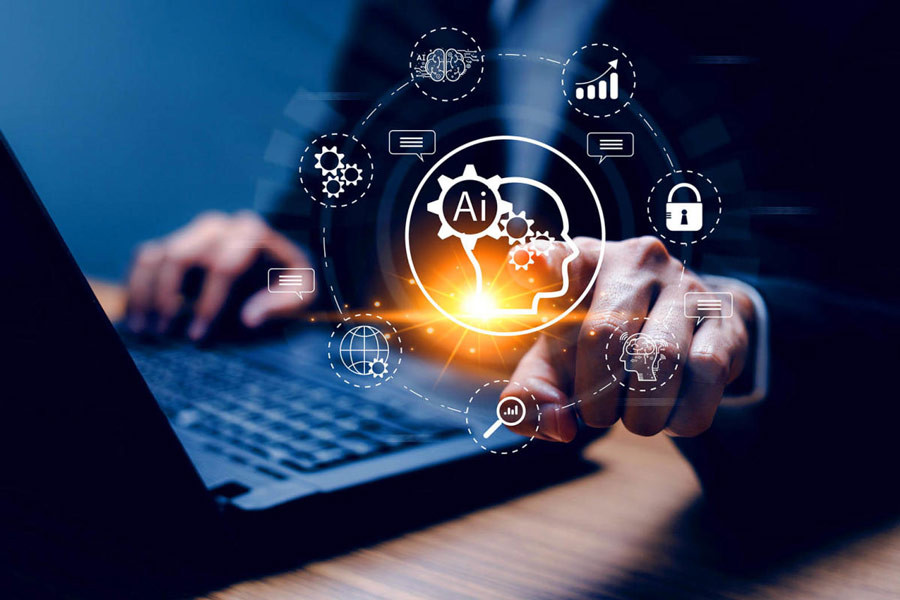Artificial Intelligence

IIE Digital Desk: Artificial Intelligence (AI) has emerged as a transformative force, revolutionizing industries and societies worldwide. As we delve into the myriad applications of AI, it becomes increasingly evident that its influence is pervasive, touching every corner of the globe.
One of the most notable arenas where AI has made significant strides is healthcare. The integration of AI in medical diagnostics has not only enhanced the accuracy of disease detection but has also expedited the process, leading to more timely interventions. With AI-driven algorithms analyzing medical images and patient data, healthcare professionals can make informed decisions, ultimately saving lives and improving patient outcomes.
Education is another sector witnessing the positive impact of AI. Adaptive learning platforms powered by AI algorithms tailor educational content to individual students' needs, fostering personalized and effective learning experiences. This not only addresses the diverse learning styles of students but also contributes to the democratization of education by making quality learning accessible to a wider audience.
AI is also reshaping the business landscape. From optimizing supply chain management to enhancing customer service through chatbots, businesses are leveraging AI to streamline operations and deliver enhanced user experiences. The use of predictive analytics and machine learning algorithms enables organizations to make data-driven decisions, giving them a competitive edge in an increasingly dynamic market.
In the realm of finance, AI is playing a pivotal role in risk management, fraud detection, and portfolio optimization. The ability of AI systems to analyze vast amounts of financial data in real-time allows for more accurate risk assessments, ensuring the stability of financial markets. Additionally, AI-driven robo-advisors are becoming increasingly popular, providing individuals with sophisticated investment strategies tailored to their financial goals.
The agricultural sector, too, is embracing AI to address the challenges of food security and sustainability. AI-powered precision farming techniques enable farmers to optimize crop yields, reduce resource use, and mitigate environmental impact. From crop monitoring using satellite imagery to autonomous farming equipment, AI is fostering a new era of efficiency and sustainability in agriculture.
In the realm of smart cities, AI is instrumental in optimizing urban planning, traffic management, and public services. From reducing traffic congestion to enhancing energy efficiency, cities worldwide are harnessing the power of AI to create more livable and sustainable urban environments.
While the benefits of AI are undeniable, ethical considerations and responsible AI development are paramount. Striking the right balance between innovation and ethical use is crucial to ensure that AI serves humanity and avoids unintended consequences.
As we navigate the ever-expanding landscape of AI applications, it is clear that its impact is not confined to specific industries or regions. The global adoption of AI is a testament to its potential to address complex challenges and drive positive change across diverse sectors. Embracing this technological revolution responsibly and collaboratively will undoubtedly shape a future where AI continues to enrich our lives on a global scale.
You might also like!















